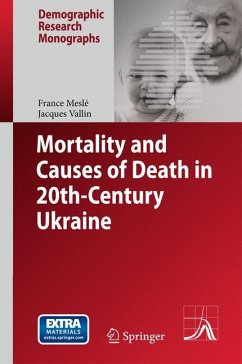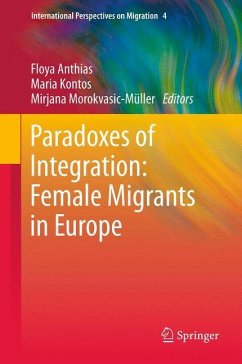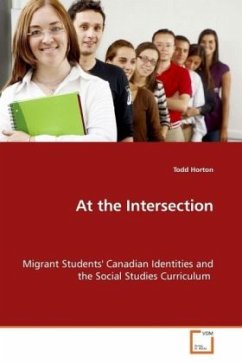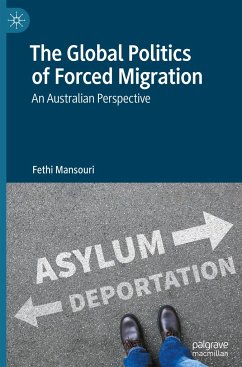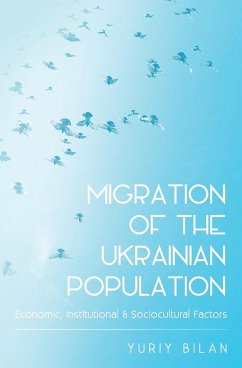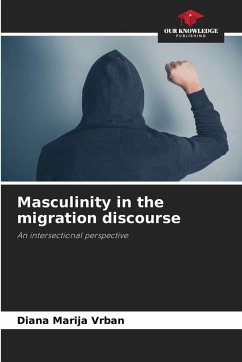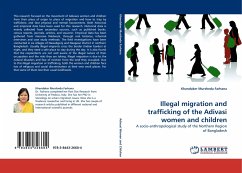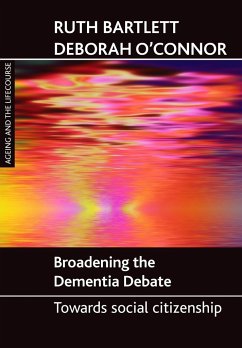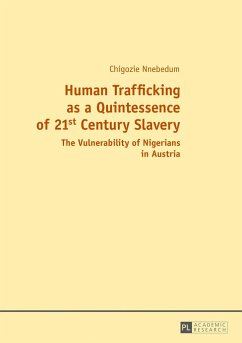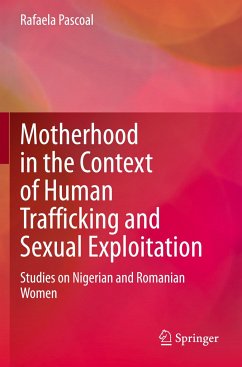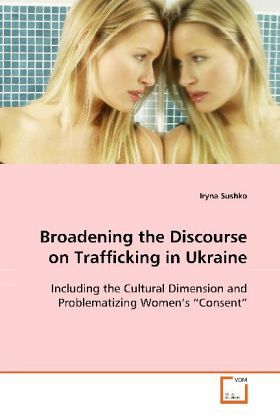
Broadening the Discourse on Trafficking in Ukraine
Including the Cultural Dimension and ProblematizingWomen's "Consent"
Versandkostenfrei!
Versandfertig in 6-10 Tagen
32,99 €
inkl. MwSt.

PAYBACK Punkte
16 °P sammeln!
This research was aimed at broadening the dominantpublic discourse on trafficking in Ukraine. It wasfocused on two issues: firstly, on introducing thecultural dimension of trafficking, which has beenemphasized but not sufficiently studied in theexisting literature and, secondly, on problematizingthe binary approach taken in the public discourse inUkraine of consensual migration vs. non consensualtrafficking. For this purpose the interviews conducted by theanti-trafficking NGO La Strada with 23 traffickedwomen upon their arrival have been analyzed. Thecontent analysis, used as a main tool of re...
This research was aimed at broadening the dominantpublic discourse on trafficking in Ukraine. It wasfocused on two issues: firstly, on introducing thecultural dimension of trafficking, which has beenemphasized but not sufficiently studied in theexisting literature and, secondly, on problematizingthe binary approach taken in the public discourse inUkraine of consensual migration vs. non consensualtrafficking. For this purpose the interviews conducted by theanti-trafficking NGO La Strada with 23 traffickedwomen upon their arrival have been analyzed. Thecontent analysis, used as a main tool of research,has shown that first, apart from economic factorsthat shaped these interviewed women's decision toleave Ukraine there was also a cultural dimensionthat included legacy of socialist ideology, thepost-1991 transitional period with import of "westernglamour", psychological climate in the family, etc.Second, the analysis of the interviews has shown thatin all cases 23 trafficked women didgive theirexpress consent to traffickers either verbally or ina written form and thus it has shown that traffickingcould be a "voluntary" act.



